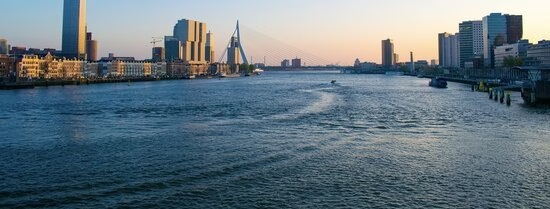Erasmus UPT, together with Panteia, has researched the effects of the expiration of the long-running transitional provisions in ES-TRIN for 2035 and 2041. This research was commissioned by the Inland Shipping and Waterways Department of the Ministry of Infrastructure and Water Management (find the ministry's letter at the bottom of the page).
Inland vessels must meet technical requirements in terms of safety and sustainability. These requirements have been established in the European standard for the establishment of technical regulations for inland vessels, abbreviated as ES-TRIN. 2035 and 2041 are years in which the transitional period ends for meeting various technical requirements.
This means that especially old and small inland vessels must make significant investments in, for example, the layout of accommodations on the ship or the width of gangways. Investments that many skippers cannot afford.
The effects of this regulation on the inland shipping sector, shippers, and the Dutch economy have been determined in the study. An important solution is the so-called 'hardship clause'. This is a procedure in which a skipper can indicate that the investments are technically not feasible or can only be realized at unfeasibly high costs. The competent authorities can therefore exempt the skipper from these investments.
Letter to the Parliament by the Ministry
The report by Erasmus UPT and Panteia.
More information: Bart Kuipers: bkuipers@ese.eur.nl.
article in Nieuwsblad Transport about the research:

